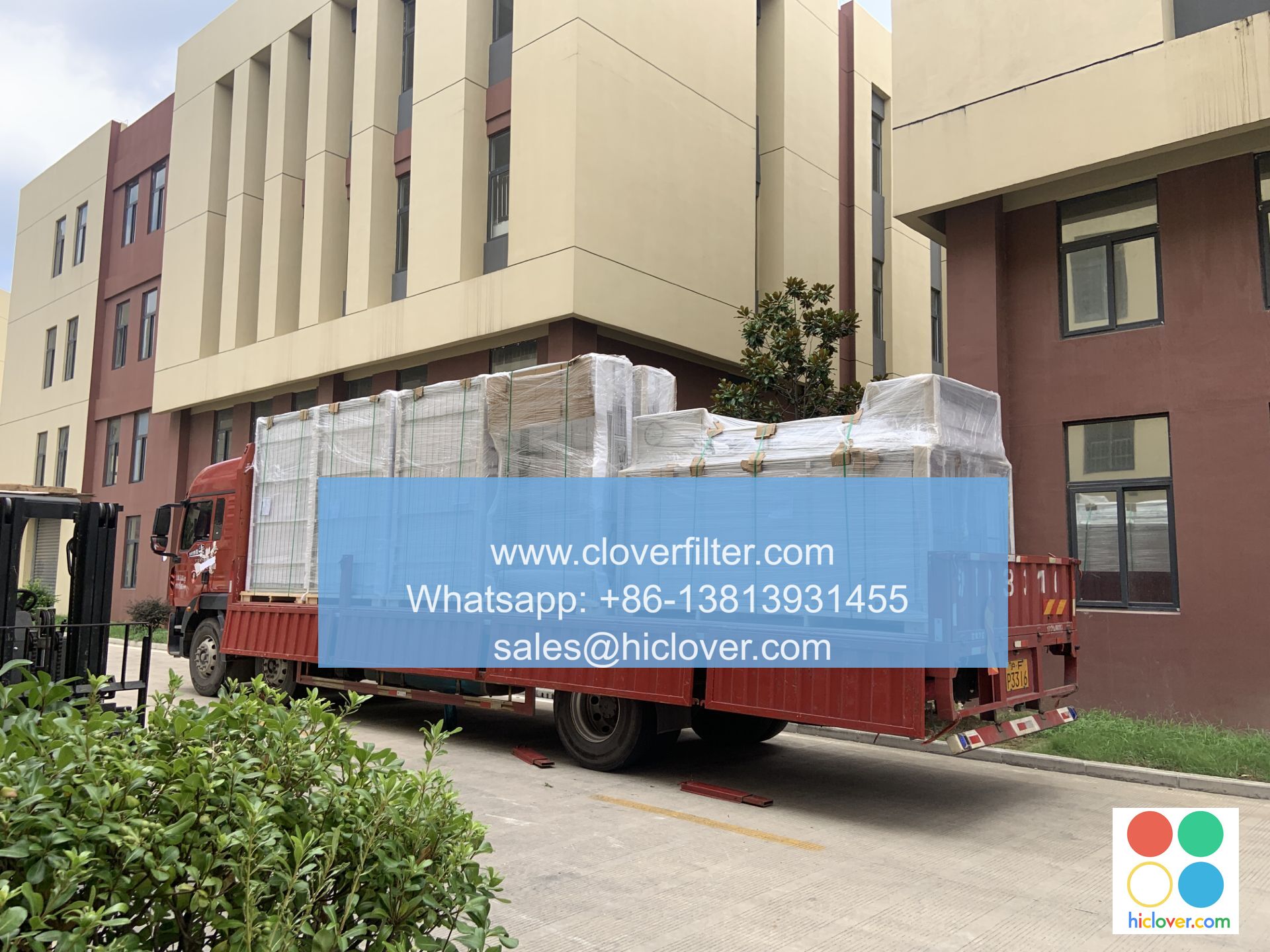5 Myths About Energy-Efficient Air Filters

Energy-Efficient Air Filters: Separating Fact from Fiction
When it comes to maintaining a healthy and comfortable indoor environment, air filters play a crucial role. Energy-efficient air filters have become increasingly popular in recent years, with many homeowners and building managers looking for ways to reduce their carbon footprint and save on energy costs. However, there are many myths surrounding these filters that can lead to misunderstandings and suboptimal choices. In this article, we’ll dispel five common myths about energy-efficient air filters and highlight their applications in various areas, including residential, commercial, and industrial settings.
Myth #1: Energy-Efficient Air Filters are Too Expensive to Be Cost-Effective
Fact: Energy-efficient air filters are not always more expensive, and their long-term benefits far outweigh the initial investment. According to the U.S. Department of Energy, a high-efficiency filter can save homeowners up to $64 per year on energy bills, compared to a low-efficiency filter. This translates to a potential cost savings of up to $600 over the life of the filter.
Myth #2: Energy-Efficient Air Filters are Only Needed in Well-Sealed Homes
Fact: Energy-efficient air filters are just as important in well-sealed homes as they are in older homes with poor insulation. Modern construction practices often prioritize energy efficiency, but filters can still play a critical role in maintaining a healthy indoor environment and reducing energy consumption. In fact, a study by the U.S. Environmental Protection Agency (EPA) found that up to 40% of the average home’s total energy consumption is wasted due to poor air circulation and filtration.
Myth #3: Energy-Efficient Air Filters are Only Necessary for People with Allergies and Asthma
Fact: While energy-efficient air filters can certainly benefit individuals with respiratory issues, they also offer numerous benefits for everyone. By removing pollutants, allergens, and other airborne contaminants, these filters can improve indoor air quality, reducing the risk of respiratory problems and other health concerns. Additionally, they can also help reduce allergy symptoms and minimizes the need for over-the-counter medication.
Myth #4: All Energy-Efficient Air Filters are Created Equal
Fact: Not all energy-efficient air filters are the same. Look for filters with the following features:
- High MERV ratings (13 or higher)
- Electrostatic technology for optimal air cleaning
- Low-Earth-ambient (LEA) coatings to reduce pressure drop
- Gaskets and seams that minimize bypass air leakage
By choosing filters with these features, you can ensure optimal performance, efficiency, and filtration.
Myth #5: Energy-Efficient Air Filters are only Applicable to Residential Buildings
Fact: Energy-efficient air filters have numerous applications in various settings, including:
- Commercial buildings: Improve indoor air quality and reduce energy consumption in office buildings, hospitals, and shopping centers.
- Industrial settings: Increase productivity and employee health in manufacturing facilities, warehouses, and industrial plants.
- Schools: Improve air quality and reduce absenteeism in educational institutions.
By choosing energy-efficient air filters, organizations can reduce their environmental impact, improve employee well-being, and save on energy costs.
Conclusion:
In conclusion, energy-efficient air filters are not just important for a select few, but rather an essential component for maintaining a healthy and comfortable indoor environment. By separating fact from fiction, we can make informed decisions about our air filtration systems and reap the benefits of improved indoor air quality, reduced energy consumption, and improved employee well-being. Whether you’re a homeowner, business owner, or facility manager, incorporating energy-efficient air filters into your system is an investment worth considering.
I’m ready to assist you. What would you like to talk about or ask?


